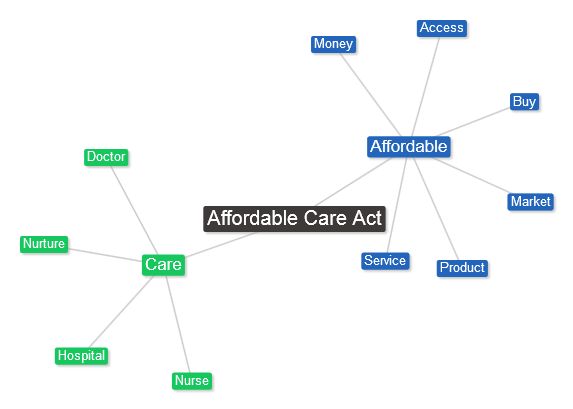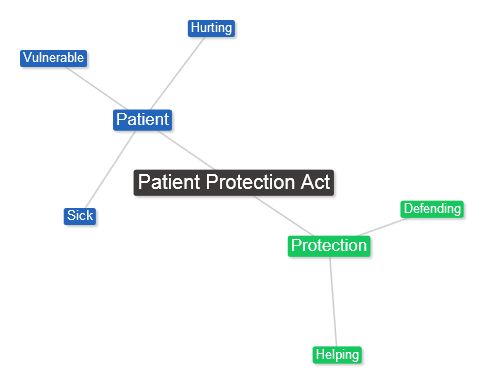In a 1999 essay in The Atlantic titled “The Market as God,” Harvey Cox brilliantly discusses ways in which some Americans treat the idea of the free market as if it were a god. The problem is that, while markets certainly can be very influential, they are not gods and do not necessarily have people’s best interests at heart. In fact, they can seem heartless sometimes. But that doesn’t mean that markets are bad–just that deifying them is unwise.
A better understanding of markets came to me from an unlikely source: a book about parking. Donald Shoup’s excellent book The High Price of Free Parking argues for using market forces as tools to better manage parking.
An example is charging more for on-street parking during peak hours and charging less for parking in garages at the same time. That will encourage more drivers to park in the garage, leaving more on-street spaces available for those willing to pay extra for them. He proposes a goal of making one parking space available on each side of each block at any given time. That would allow motorists to park without having to cruise for spaces, saving time, fuel, pollution, and stress.
The details of Shoup’s proposals aside, instead of thinking of the market as god, progressives should talk about the market as tool. Therefore, the question should never be whether markets are good or bad but what markets are good for and bad at. How should we use markets, and who should benefit from them?
For example, the Patient Protection and Affordable Care Act attempts to use market forces to improve Americans’ access to quality health insurance. The government creates standards of quality and fairness and marketplaces for buying and selling insurance, and the insurance companies do the rest. It is an attempt to use markets to advance the health and wellbeing of Americans.
When extreme conservatives complain about government interference in the free market, progressives could reply (if they can say so truly) that government is providing the market structure that both companies and customers need so they know what behavior is and is not acceptable. This allows them to do business with confidence that they are being treated fairly and not ripped off or harmed. This confidence makes business possible. I think progressives should frame this as market-confidence building.
How do you think progressives should talk about markets?

